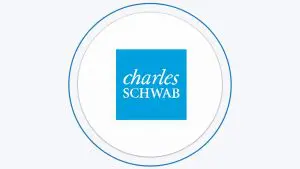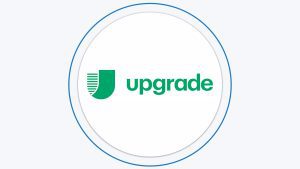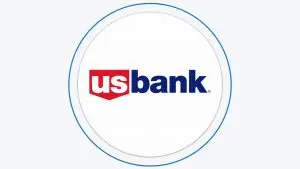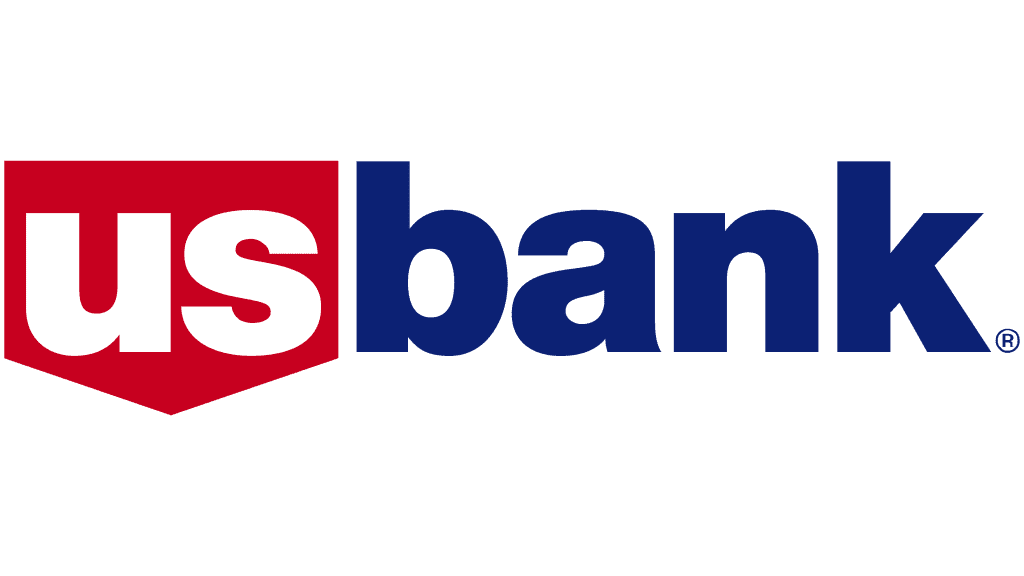Table Of Content
What Is An Overdraft Fee?
An overdraft fee is a charge that a bank charges someone when an account is overdrawn. This typically occurs when someone makes a payment or purchases an item with a checking account that exceeds the available funds. An overdraft fee is one of the most common bank fees.
Although the bank will cover the overdraft, so the purchase or payment goes through, there will be a fee that the bank charges for the service. This, of course, is not a one-time fee; a person would be charged a certain fee per instance.
How Much Can I Overdraft?
How much you can overdraft your checking account depends on your financial institution's policy. Usually, you can overdraft a couple of hundred dollars, but the exact amount depending on your bank can change between different customers. However, as long as your balance is negative – you'll continue to “accumulate” overdraft fees.
For example, if someone overcharges their account twice in one day, the bank will charge an overdraft fee twice. These overdraft fees can get quite expensive, typically around $35 for each occurrence, but that number will depend on the bank’s policies.
There are four main overdraft fees: the typical overdraft fee, an NSF fee, an overdraft protection fee, and the extended overdraft fee.

Why Do Banks Charge Overdraft Fees?
There are a few reasons why a bank may charge an overdraft fee, but the main reason is extremely simple.
It is a way to compensate the bank for taking a risk by allowing people to spend money they don’t have. Because of this risk, the banks have to be compensated when putting out the money for someone else.
Overdraft fees are one of the primary sources of revenue for a bank.
Overdraft Fee: What To Pay Attention
When checking your bank overdraft policy, it's important to pay attention to 3 important aspects:
- Grace Period: Thankfully with many financial institutions, the banks may be in the negative for anywhere between 3-31 days. You will be charged an extended overdraft fee even if there aren’t any more payments scheduled. In most scenarios, the banks will close a checking account after 60 days of the first overdraft fee. It is important for everyone to understand their bank's overdraft policy to understand the amount of time an account may be overdrawn.
- Fee Amount: The fee amount varies from bank to bank, but on average it is about $35 per instance. In addition to the overdraft fee, there is also an interest charged on the amount that is overdrawn. These interest rates vary from bank to bank, but they could be over 20%. Banks charge interest on overdraft fees as they are essentially short-term loans.
- Charges per day: Unsurprisingly, banks charge an overdraft fee every time there is an occurrence. For example, if a person overdrafts twice in one day, and the fee is $35 per occurrence, they will be charged $70. Furthermore, a lot of banks charge an additional $5 – $10 every day the account is overdrawn.
Overdraft Fees at Different Financial Institutions
While there may be similarities in a bank's policy for overdrafts they all differ in some way. Whether it be the price of the overdraft fee, a grace period, and how much the bank may charge each day for example.
Bank/Institution | Overdraft Fee |
|---|---|
Chase | $34 |
PNC Bank | $36 |
Bank of America | $10 |
Capital One | $0 |
Wells Fargo | $34 |
Discover | $0 |
Citibank | $0 |
US Bank | $36 |
TD Bank | $35 |
PNC Bank
PNC Bank has one of the highest charged overdraft fees of $36. The great news for PNC users is that there is a maximum of one $36 overdraft fee per day for Virtual Wallet customers that are in “Low Cash Mode”.
For users that use any of the other accounts provided by PNC, there is a maximum of four $36 overdraft fees per day.
PNC does offer some grace period, as it will allow 24 hours to bring the spending account balance to at least $0, if you are able to do so you will not be charged the overdraft fee.
Chase Bank
Chase charges a $34 overdraft fee, which is also known as an Insufficient Funds Fee per transaction. This fee occurs with the nightly processing beginning with the first transaction that overdraws the account balance by at least $50, with a maximum of three separate fees per business day.
Chase offers a grace period for consumers if they are overdrawn by $50 or less at the end of a business day or if you are overdrawn by more than $50 and you bring the account balance to overdrawn by $50 or less at the end of the next business day (until 11 PM ET – 8 PM PT) to make a deposit or transfer.
Furthermore, an overdraft fee would not occur if a transaction is less than $5 or less, or if a debit card transaction was authorized when there were sufficient funds in the account.
Wells Fargo
Wells Fargo has an overdraft fee of $34 when you don’t have enough available funds in your account to cover a transaction. Wells Fargo does offer an extra day grace period, where their clients have an extra business day to make deposits to avoid the overdraft fee.
If the account covers the overdrafted items by midnight Eastern Time, Wells Fargo will waive the overdraft fees.
Bank of America
Bank of America has one of the lowest overdraft fees when it comes to traditional banks – they recently lowered their fees from $35 to $10 in May of 2022. Per the bank's policies, there will be no more than two overdraft item fees charged per day.
US Bank
US Bank has an overdraft fee of $36 for each item of $5.01 or more, and there is no overdraft fee for items $5 or less.
Furthermore, it limits the number of overdraft fees to a maximum of four overdraft fees per day. If the available balance remains negative for seven consecutive calendar days, another $36 fee will be charged.
TD Bank
Finally, TD Bank applies a $35 fee to each transaction that overdraws an account by more than $50, up to three fees per day, per account. If the overdraw is $50 or less, there won’t be an overdraft fee charged to your account.
Based on the overdraft fees for TD Bank, there is a grace period that gives you until 11 PM ET the next business day to fix the overdraft. If the balance reaches at least $0 at the end of the grace period, TD bank will refund the overdraft fee to your account.
Does an Overdraft Affect Your Credit?
Overdraft fees could impact your credit score only if you don’t pay them. Remember, overdraft fees are considered short-term loans, and if a person avoids paying a loan, their credit score will suffer.
The same could be said for overdraft fees. If left unpaid when ignored, it will have a negative impact on your credit score. Further issues could arise if an account is closed due to continued overdraft fees, which will, of course, significantly negatively impact a credit score.
However, if overdraft fees are paid quickly and in full, they shouldn’t impact your credit score too much.
Which Banks Waived Overdraft Fees?
Policies have been changed recently to either be eliminated or reduced, at the very least.
For example, Capital One, Bank of America, Truist, U.S. Bank, and Wells Fargo have recently refunded or eliminated their overdraft fees for their clients.
There are a number of reasons why these banks are eliminating or reducing their overdraft fees, but the main reason is due to competition. There are many banks established throughout America, and they are all competing for clients to use their services.
If one bank has lower or no overdraft fees compared to another bank with high overdraft fees, a client will need more than likely pick the bank with lower overdraft fees.
How To Get Overdraft Fees Refunded/Waived?
While overdraft fees can become a hindrance to people and a constant burden on their bank accounts, there are ways to get overdraft fees refunded or even waived in some scenarios.
- Pay Quickly And Ask For Grace Period: A majority of banks offer refunds for their clients who add money to their accounts within the grace period allowed by the financial institution. The typical grace period is one business day, typically ending at midnight Eastern Time.
- Call Your Bank: Another tactic to get a refund or for the overdraft fee to be waived would be to call and talk to your bank. If you have been a loyal customer and have no history of overdrafts or late payments, there is a high chance that you get a refund from the bank.
- Persistency: Finally, be persistent in your efforts to get a refund or for the overdraft fee to be waived. If the initial person you talk to at the bank declines, ask to speak to a manager or supervisor. A lot of times banks like to keep their clients happy, so it may be helpful to talk to a manager as they may have more say to get the fee waived.
- Check For Errors: In some cases a merchant may have made a mistake and overcharged your account. If this is the case, you can call the merchant to reimburse you for the fee, or for you to call the bank and see if they will waive the fee after the mistake has been corrected on the merchant's end.
How to Avoid Overdraft Fees
Overdraft fees can become a great nuisance and extremely expensive, so it is best to avoid them altogether. Here are a few tips to avoid overdraft fees.
- Keep Tracking Your Balance: The most simple way to avoid overdraft fees is to simply keep track of your balance, transactions, and automatic payments. This is made simple thanks to online banking, and if you stay on top of your account information, you could easily avoid overdraft fees.
- Link to Another Account: Finally, it is recommended that you link your checking account to another account, this way if one account runs out of money, the charge will simply be covered by the other account, instead of the bank covering your charge.
- Make A Buffer: Going along with keeping track of your balance, keep an artificial buffer in your account that will prevent you from going into the negative for your bank account.
- Use Cash: Another tactic for avoiding overdraft fees is to pay with cash. This will ensure that it is impossible to overdraft from your bank account as you are only able to pay for items with the money you have on hand.
Bottom Line
Bank policies can be extremely difficult to understand, and will typically differ from bank to bank.
When choosing a checking account, it is extremely important to understand your bank fee structure in order to avoid any unnecessary fees. One of the worst fees associated with banks is overdraft fees, which can dig a person into a hole that is nearly impossible to get out of.
Thankfully, many banks are starting to lower, or even eliminate entirely, their overdraft fees to entice clients to pick their bank.
FAQs
The simple answer to this question is yes. As many transactions are processed overnight, the transactions may not be reflected in the available balance.
This could even include if a deposit is pending, and a withdrawal is made before the money is officially in the account.
Despite the drop in revenue from overdraft fees, banks made an estimated $6.13 billion annually from overdraft fees in 2021.
Unfortunately the only way to claim overdraft or other bank fees on taxes is if you own a business or work for yourself. Even in this scenario, they are only able to deduct business banking fees that occurred during the course of business.
A person typically has somewhere between five to seven calendar days to fix the account balance before a bank charges even more fees. However, it really depends on the bank, some banks assess a fee every day until it is fixed, some banks charge a fee after five days.
Avoiding paying the overdraft fees on your account could result in a number of negative consequences. The bank could close the account, take legal action against you, take you to collections, and even report your failure to pay, hurting your credit score or could even prevent you from opening an account with another bank.
















